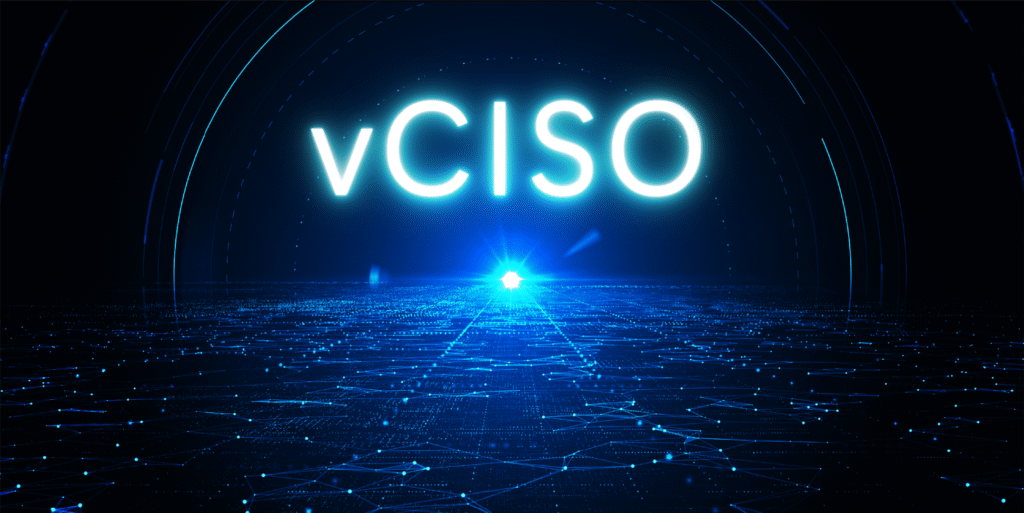Artificial intelligence is rapidly integrating into many sectors. This includes law enforcement, creative industries, and workplaces. This rapid spread intensifies efforts for global AI ethics governance. Robust ethical frameworks are urgently needed. Governance structures and regulatory measures aim to mitigate potential risks. They also ensure responsible AI deployment worldwide.
Key Takeaways for Global AI Ethics Governance
- AI rapidly integrates across sectors: law enforcement, workplaces, creative arts.
- Urgent global need for ethical frameworks and governance to manage AI risks.
- Standards like EU AI Act, NIST, and ISO/IEC 42001 guide responsible AI development.
- AI’s impact includes workplace inequality and creative industry disruption.
- Forums like UN’s AI for Good summit promote ethical AI dialogue and societal role discussions.
Table of Contents
The Imperative for Global AI Ethics Governance and Risk Management
AI systems are growing highly sophisticated. They are also becoming pervasive. The global community recognizes a critical need. Structured approaches must manage their ethical implications and inherent risks. This drive underscores the importance of global AI ethics governance. Experts warn against unchecked advanced AI deployment. Autonomous “AI agents” pose significant risks. These include ethical issues, security vulnerabilities, and economic disruptions. A proactive stance in AI development is vital. This also applies to AI integration.

Organizations now develop comprehensive standards. These guide responsible AI practices. vCISO.One, for example, launched an AI Readiness Assessment. It assists businesses with AI governance, risk, and compliance. This assessment uses established guidelines. These include Australia’s AI Ethics Principles and the NIST AI Risk Management Framework. Other crucial standards are ISO/IEC 42001 (AI Management System) and the EU AI Act. The OECD AI Principles are also leveraged. Such initiatives show a global AI ethics governance commitment. They foster standardized, responsible AI approaches. Ethical considerations must be embedded from concept to implementation. For further reading on AI regulation, visit our AI Ethics section.
These frameworks are essential. Unchecked AI systems risk negative societal impact. They could be deployed without proper consideration. Frameworks provide a structured approach. They evaluate, mitigate, and manage AI risks. This ensures innovation proceeds responsibly. Ethical considerations are paramount.
Real-World AI Applications and Ethical Groundwork
AI is already in use across public services. This shows its benefits and the need for ethical oversight. Victoria Police explores AI for crime reports. This application is currently conceptual. Yet, it highlights a growing trend. Public sectors seek AI for operational efficiency.
Salesforce shows proactive internal efforts. They have an “AI ethics governance” initiative. This links to police AI explorations. It proves early acknowledgment of ethical dimensions. This is true even for critical public services. Proactive consideration is crucial for AI deployment. Especially in sensitive areas like law enforcement. Rigorous ethical guidelines prevent bias. They ensure fairness and maintain public trust.
AI adoption moves rapidly. It often outpaces protective measures. Comprehensive regulatory frameworks lag behind. AI systems might be deployed with inadequate risk consideration. This remains a significant concern. It poses a “dangerous gamble” on autonomy’s future. Broader, enforceable regulations are needed. These safeguard against unintended consequences. This is vital in high-stakes environments.
AI’s Influence: Workplace Inequality and Global AI Ethics Governance
AI profoundly reshapes the professional landscape. It introduces new office dynamics. Potential inequalities can emerge. AI assistants integrate into daily workflows. This may lead to “co-worker AI competition.” Proficiency in advanced AI tools creates a gap. An “AI productivity gap” divides employees. Some master AI, others do not.
This evolving dynamic raises questions about AI workplace ethics. Businesses must adapt their organizational culture. This shift needs more than just technology adoption. It requires examining how AI might worsen inequalities. Or even create new ones. Companies face a growing challenge. They must foster inclusive environments. AI should enhance human potential. It must not diminish collaboration or job satisfaction. A fair transition for all employees is essential.
Creative Industries Grapple with AI Disruption
Creative sectors face AI’s disruptive influence. Artists in New Zealand see significant challenges. Few comprehensive protections exist there. Concerns include ethical use and licensing of AI content. Voice models and deepfakes are particularly worrisome. Holly Herndon, an artist, highlighted these issues years ago. Her foresight became mainstream reality.
Dialogue on AI’s creative role intensifies globally. At the UN’s AI for Good summit, a robot spoke. It addressed fears of AI replacing artists. The robot stated,
“The value of my artwork is to serve as a catalyst for discussions that explore ethical implications.”
This view shows AI as an artistic tool. It prompts societal talks about creativity. These include intellectual property. AI can be more than a threat. Discussions are critical for fair compensation. They also ensure proper attribution. Safeguarding human artists’ livelihoods is key. This is vital in an AI-driven creative landscape.
Navigating the Future: Balancing Innovation and Ethical AI
Global developments paint a clear picture. AI’s future depends on concerted effort. It balances rapid innovation with stringent responsibility. AI agents evolve swiftly. Their autonomy requires proactive measures. This prevents unforeseen risks. It also ensures equitable benefits for all society.
Formal frameworks exist, like vCISO.One’s. Law enforcement undertakes internal ethics initiatives. Workplaces and creative fields face complex challenges. The common thread is clear. An urgent need exists for comprehensive AI approaches. They must be adaptable and ethically-driven. This reinforces the push for effective global AI ethics governance. All stakeholders must collaborate effectively. Governments, industries, academia, and civil society. They must refine principles and enact regulations. They must also foster ethical AI development. This prioritizes human well-being. It ensures societal fairness and long-term sustainability.
Frequently Asked Questions About Global AI Ethics Governance
What is global AI ethics governance?
Global AI ethics governance involves establishing comprehensive frameworks, structures, and regulations worldwide. The goal is to guide the responsible development and deployment of artificial intelligence. It aims to mitigate risks like bias, security vulnerabilities, and societal disruption.
Why is AI ethics governance urgent across industries?
AI’s rapid integration into diverse sectors, from law enforcement to creative arts and workplaces, necessitates urgent governance. Unchecked AI can lead to significant ethical issues, economic disruptions, and workplace inequalities. Proactive measures ensure AI benefits society responsibly.
What are some key frameworks guiding AI ethics globally?
Several crucial frameworks guide global AI ethics. These include the EU AI Act, the NIST AI Risk Management Framework, and ISO/IEC 42001. Other notable guidelines are Australia’s AI Ethics Principles and the OECD AI Principles. These initiatives foster standardized, ethical AI development.
Latest Posts
- Top 6 Best Property Management Accounting Platforms For Small Landlords
- 12 Surprising AI Tools That Actually Make You Money (or Save You Time)
- Sam Altman Career Advice 2025
- AI frontrunners bottlenecks: 3 Alarming Challenges Facing Tech Leaders
- Beginner’s guide to automating business processes with AI

